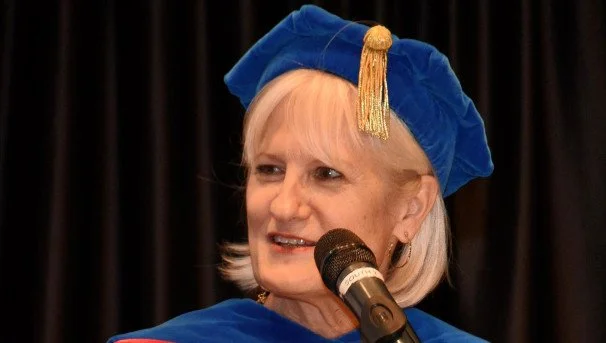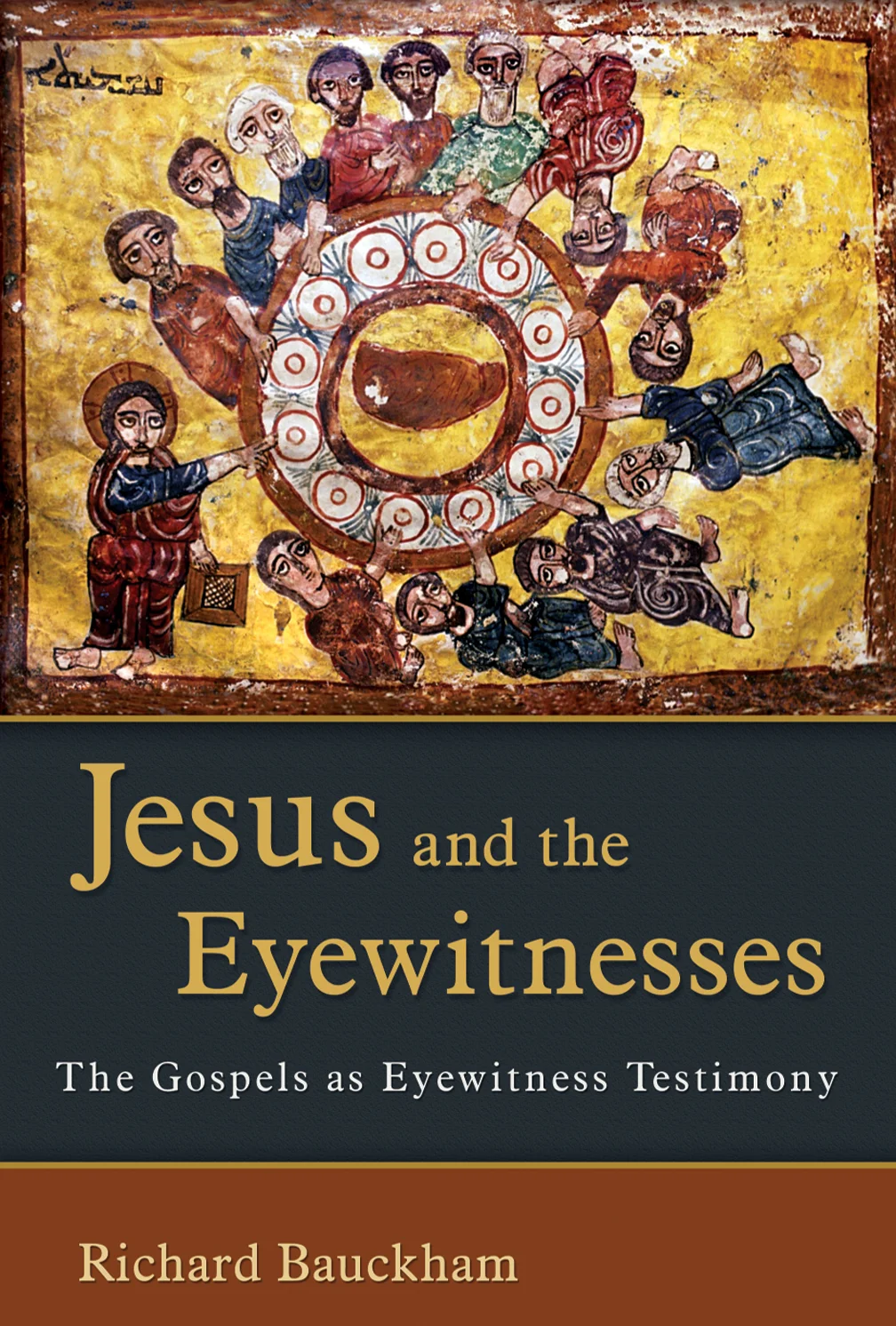1. 9 Questions to Ask Yourself to Prepare for 2018: Scott Slayton with a thoughtful list. I like especially his questions: “What are my roles?” What two changes will make the biggest difference,” and “What two things do I need to stop doing?”
2. How Your Husband Defines Romance: Thoughtful advice from Dennis and Barbara Rainey, "When a man is rejected often enough, he typically internalizes his anger, his hurt, and his disappointment until such time when the rejection drives him to one of several reactions—none of them are good." This ought not to be taken as license from men who feel rejected, but as good advice for wives who want to love their husbands well.
3. Why Being Tough as a Leader Fails: Kerry Patterson is excellent on leadership and conflict. He reflects, "“I yell at my employees because it’s the only thing that works,” say a surprising number of leaders I’ve consulted with over the years. Parents often take a similar path with their kids. “They only respond to threats. So, I mostly threaten them.” Of course, when you interview the employees or the kids, they don’t subscribe to Hunter Thompson’s theory of leadership. That is, they don’t believe that the newest and hottest motivational tools are fear and loathing. They prefer respectful reasoning."
4. Six Times It's Time to Quit Your Job: Jeff Gilmer at Vanderbloemen asks, " How do you discern whether this is just a season, or if it’s a bigger sign that you should be looking for your next opportunity?"
5. Protecting Children from Abuse: Tim Challies interviews Boz Tchividjian about his important new book, The Child Safeguarding Policy Guide. He begins the interview sharing this heartbreaking statistic, " Research has consistently found that approximately 1 in 4 females and 1 in 6 males will be sexually victimized before their 18th birthday. With 75 million children in the United States, this translates to almost 15 million children who will be sexually victimized over the next 18 years!"
6. The Spread of Christianity: A shocking visual representation of the spread of Christianity around the globe.











